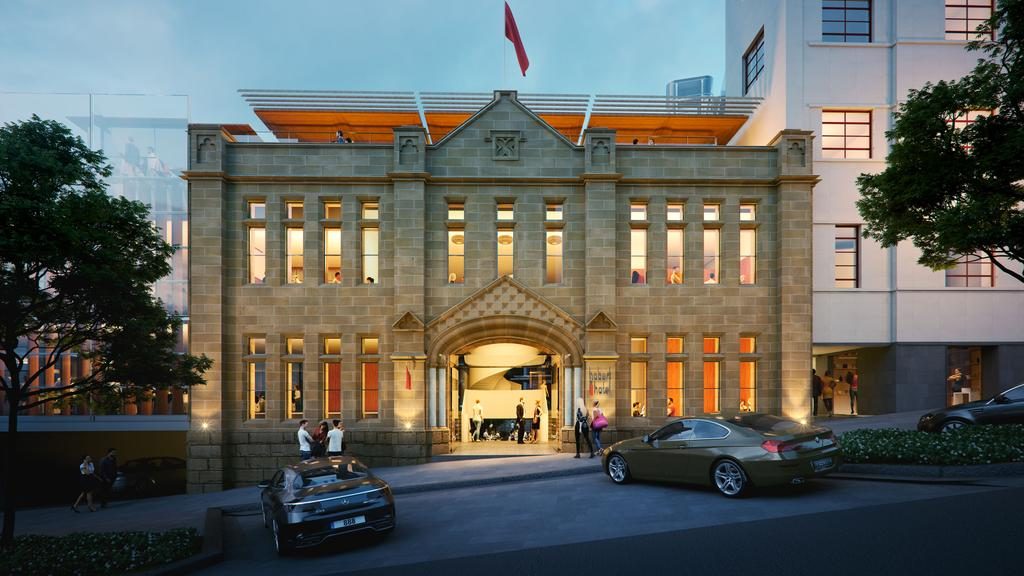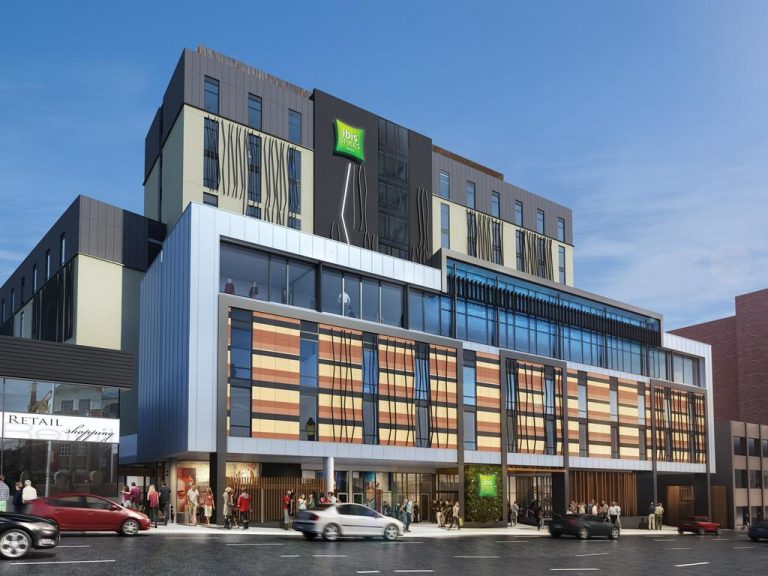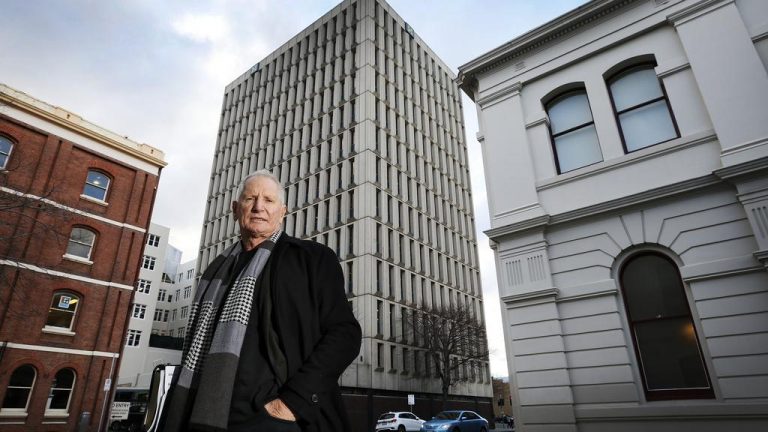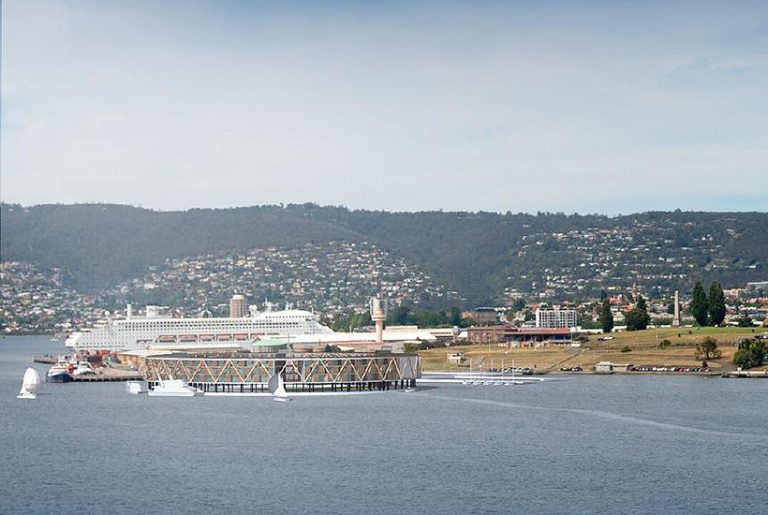Hobart hotel shortage sees patrons turn to hosted accomodation

The number of tourists staying in hosted accommodation in Tasmania has more than doubled in the past three years, latest statistics reveal.
The Tasmanian Accommodation Investment Report by the Property Council of Australia and the Tourism Industry Council Tasmania is due to be presented at tomorrow’s Tasmanian Tourism Development Luncheon at Wrest Point.
The report shows growth of 106% since 2016 in the hosted accommodation sector, which includes short-term accommodation providers such as AirBnB, Stayz, traditional B&B and guesthouses.
Commercial Insights: Subscribe to receive the latest news and updates
Hosted accommodation now represents 20% of the accommodation market.
In contrast, the number of visitors staying in hotel accommodation grew by just 5% since 2016, but occupancy rates were 82.1% in Hobart — only slightly behind Melbourne (83.4) and Sydney (85.2).
Visitors staying with friends or relatives grew by 8% from 2016 to represent 29 per cent of the market, while there was also an increase of 9% in people staying in caravan parks.
TICT chief executive officer Luke Martin says the hosted accommodation numbers are “extraordinary”.
“There’s an element of change in market behaviour — clearly people want to stay in this kind of [hosted] accommodation — but it’s also clear the capacity isn’t there, with only 5% growth in hotel accommodation and some of the highest occupancy rates in the country,” he says.
“We’ve got major supply issues across the whole sector – housing, visitor and student accommodation – and we need to be bullish about investment. There’s a few hotels coming online soon, but what happens after that? We need a steady pipeline of investment to flow.”
The report lists a number of accommodation developments currently under construction or with council approval, but Mr Martin said this would not be enough. He said based on recent developments, there was a four to five-year lag from approval by council to the hotel opening.
“So if there’s a DA approved for a hotel next year, it’ll be 2024 or 2025 before it’s open,” he says.
“Regulating AirBnB is not the solution, we just have to grow the market.”
Property Council Tasmanian executive director Brian Wightman says planning schemes often fail to consider the impact of economic viability when assessing a project’s merits.
“This is a mistake, and although heritage, streetscape and design are key considerations, whether an investment or development stacks up should not be overlooked,” he says.
This week, Tourism Research Australia’s International Visitor Survey found Tasmania had a 2% dip in the number of international visitors to 300,000. Overseas tourists’ spending also dropped by $26 million from the previous year.
This article from The Mercury originally appeared as “Report shows huge growth in hosted accommodation in Tasmania amid hotel shortage”.







